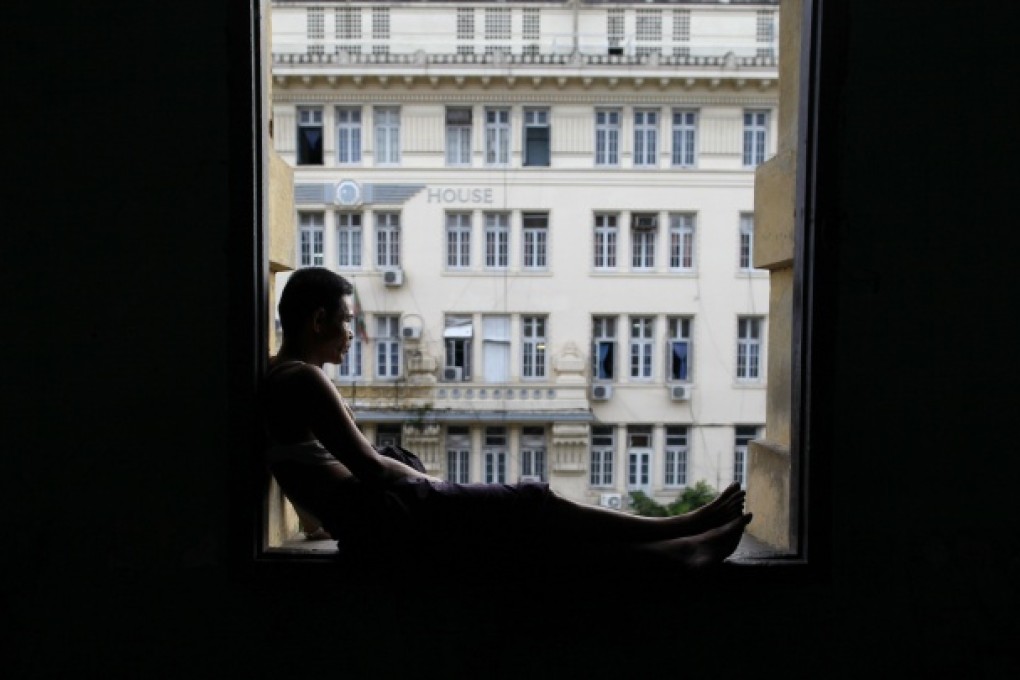Myanmar's time has come to deliver on initial promise
Simon Tay says hosting of major events will test nation's readiness

The World Economic Forum convenes in Myanmar this week, it will bring more than just another 1,000 visitors to the once closed and near pariah country. First visits by then US secretary of state Hillary Rodham Clinton and President Barack Obama brought headline attention. Early visitors were encouraged by its breathtaking pace of political opening.
Now comes a string of high-profile events and rising expectations. At the end of the year, Myanmar will host the Southeast Asian Games. The government is also preparing to take over the rotating chairmanship of the Association of Southeast Asian Nations for 2014. The year after, the country must hold elections - a key event in the transition to democracy.
Otherwise, the attention brought by Myanmar's hosting of upcoming events will be drawn to gaps
Logistics and the capacity to manage large-scale and high-level events will be tested. There are already complaints about the availability and high cost of hotel rooms. Connections between Yangon and the capital Naypyidaw remain scant and expensive by air, or else require four hours over land.
This week's World Economic Forum's East Asia summit will therefore be something of a practice run.
Take the Asean chair, which plays an important role to forge a consensus, or the group can flounder - as it did last year when Cambodia failed to find a consensus on the South China Sea issue for a statement.
China's maritime disputes with neighbours have been heightened in the past year - especially with Japan and the Philippines, both US allies.
Myanmar is not a claimant. But the country is no stranger to Chinese influence and investment. Indeed, its political opening can be seen as an effort to woo the West and Japan to balance the different interests. What stance Myanmar takes with China remains to be seen.
